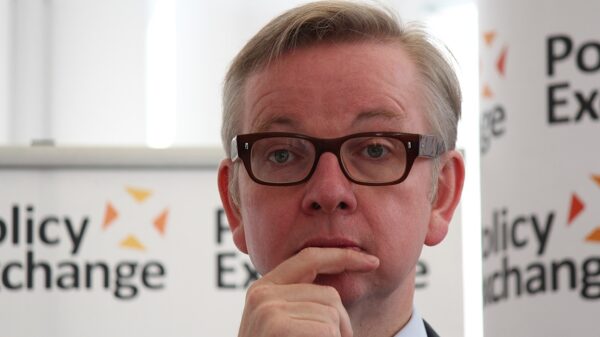Ideology is a topic that British politicians remain wary of, but by the 2015 General Election, will it have made a comeback?
Upon winning the leadership of the Conservative Party in 2005, and keen to render the right more palatable to an electorate still quite nervous of the leftovers of Thatcherism, Cameron claimed: “I don’t believe in “ismsâ€. Words like communism, socialism, capitalism and republicanism all conjure up one image in my mind: extremism.â€
Such a statement may appear confident but is in fact a desperate attempt to deviate from an ideology-based Conservative party like the kind seen in the 1980s. The voter support in the 2010 election which helped him to clinch a partial-victory was in essence of the pragmatic kind. Opinion poles showed that voters were more concerned with confidence in the economy than the political ideologies of the respective parties.
However, in an uncomfortable marriage of outward practical intentions and underlying Conservative ideologies, it seems that ideology didn’t die an abrupt death in the 2010 election. The policies generated by the Conservative-led coalition have been explicitly pragmatic – all labelled as ‘tough’ decisions for the good of the economy – yet are still implicitly ideological. The prevailing Conservative ideology of minimal state interference and diminishing welfare has not been swept out of the Cabinet meetings, but rather, it permeates through many policies claiming to be solely pragmatic.
An example very close to home for students is the ‘pragmatism’ behind raising tuition fees. As any student in the UK is aware, the students will pay off the charge of £9,000 a year over their working lives, which the government currently pays to their university. When this new law was first proposed, it was put forward as an economic necessity – as pragmatism. However, it isn’t economically beneficial because a student will only pay it back if they earn over £21,000 upon graduation. This will inevitably lead to a short fall of those who are never obliged to repay this loan and thus, it couldn’t have been proposed as a worthwhile economic move. The tuition fees rise can be seen, therefore, as an attempt to push ideological policy through as pragmatism. Instead of removing state aid from the university system outright, the government will develop a pragmatic move for their slow withdrawal from these institutions.
Unlike Britain, other nations do not feel the need to conceal ideology under headings of sound pragmatic policy. In fact, the latest French and American elections both received national and international criticism for focusing on the idea of the country they wished to form and not the practical political issues at hand.
In a conversation I had with Ben Judge, President of KCL Conservative Society and Student Trustee, he observed the same anomaly of the British politicians: “The terms ‘left’ and ‘right wing’ can be misleading simply because the main three parties fight over the centre ground.â€
Furthermore, in spite of his belief that British elections are fought in the centre of the political spectrum, Judge asserts his discomfort with the ‘right wing’ label. He is convinced that not only are these labels misleading, but that the labelling can in some cases be inaccurate. Judge indicates that the shift from ideology to pragmatism took hold of British politics during the Blair years: “Tony Blair arguably supported more features of the typical and theoretical ‘right wing’ than the left should ever support through the massive, unprecedented expansion of the City of London.â€
However, with the Conservative party in power at a time of great austerity, there is a likelihood that the lull in ideology-driven debate is over. Ed Miliband has stepped forward as a Labour leader convinced of his obligation to the left and to the ‘traditional’ Labour support base. The opposition have recognised that their ticket to election victory is to reject policy on ideological grounds. Miliband frequently highlights the divergence from the centre that his party wants to encourage. By indicating the issues Labour has with the Conservative ‘bedroom tax’, Miliband, at his Party Conference, demonstrated the ideological differentiation between himself and Cameron through this example:
“[Cameron] may be strong at standing up to the weak, but he is always weak when it comes to standing up against the strong. That is the difference between me and David Cameron, so let’s have that debate about leadership and character, and I relish that debate.â€
A discourse on the character and the values of the politicians will, inevitably, lead to a 2015 election that is polarised in ways that haven’t been seen in British politics for the last decade. Ben Judge, evaluating that Miliband is an opposition leader who “has undeniably moved the Labour party to the leftâ€, also expects fragmented ideologies to be brought to the forefront in 2015. However, as we all await an election of ideas, we must remain aware of the practicalities of a manifesto. After all, ideologies cannot raise taxes and cut spending by themselves – they need practical policies to implement that idea.


















